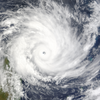How to Survive Without a Cell Phone
In today's world, we heavily rely on our cell phones or mobile phone to make our lives easier. This is an internet based daily life we all live. From making calls to paying bills and accessing our social media accounts, cell phones have become an integral part of our lives as we send text messages to others instead of spending time with them.
Making less eye contact and more phone calls. Everyone could use a digital detox from their mobile phones or smart phone and its better to learn and become educated while you do it! So ditch the desktop and dumb phone, lets go over how to survive without the time sucking apps, screen time, and social media apps. Imagine life without smartphone usage.
However, in adverse conditions such as natural disasters or emergencies, we may end up without our cell phone or living without a smartphone. To survive without a cell phone, preparation is key.
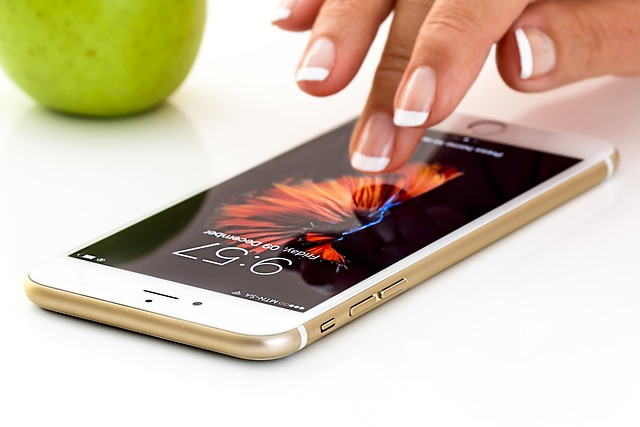
In this blog post, we will discuss some tips on how to replace essential gadgets that can be found on your mobile phone to help smartphone users survive in any situation.
https://www.conflictedthegame.com/
Communication
Communication is crucial in emergency and survival situations. In the absence of a cell phone or even flip phone, walkie-talkies or two-way radios can be a lifesaver.
These devices can not only help in maintaining communication with your group or emergency services but can also be used to call for help when that flip phone or mobile phone is not accessible.
Two-Way Radio
Two-way radios are the top choice for off-grid communication owing to their ease of use and long-range capabilities. They can operate within a range of up to 25 miles, making them essential for those who live in remote wilderness areas.
They may seem odd compared to your smartphone and group messages, and no they do not allow for online shopping BUT they will help save your life. This would be a gadget that is a real life saver without a smartphone.
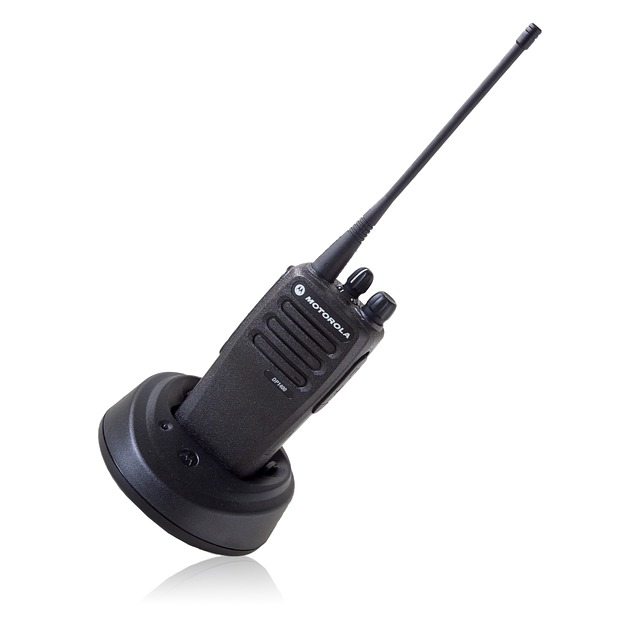
Radios with rechargeable batteries are recommended to reduce the environmental impact of discarded batteries. Two-way radios are not only useful during emergencies, but they can also help you stay connected with your family and friends while living off the grid.
Ham Radios
A ham radio, also known as an amateur radio, operates on radio frequencies reserved for community recreation and public services. These radios are a great way of establishing communication with someone in a distant location without relying on traditional communication methods. You need some skill to learn to operate these but its worth it in case you dont have a smartphone, mobile phones or a flip phone. you wont aways be able to sit at the desktop computer.
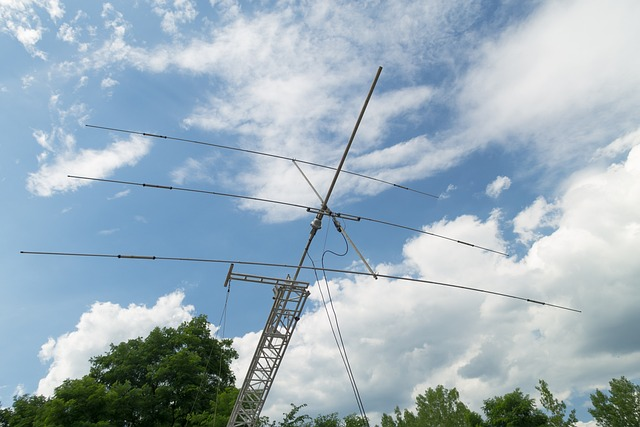
They provide reliable communication during emergencies like natural disasters, wide-scale power failures, and terrorist incidents.
Satellite Phones
Satellite phones are a dependable mode of communication in remote areas. They work anywhere in the world, providing connectivity when phones or radios fail due to lack of coverage.
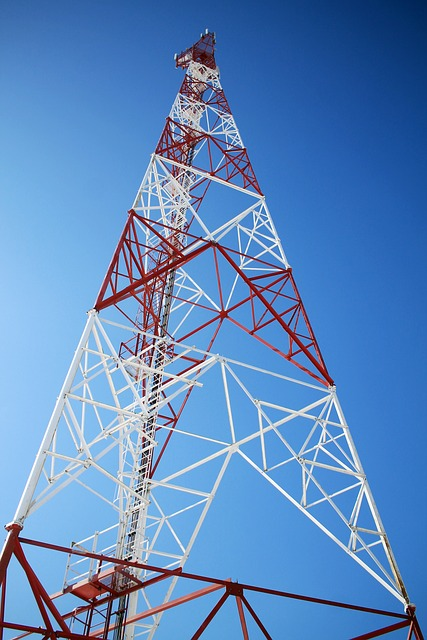
In addition, satellite services are available in most regions and have high-quality, secure voice data links. Despite being pricey, satellite phones provide remote communication that is fast, stable, and clear.
Power Banks
When living off the grid, charging devices can be challenging. A power bank will provide a portable and efficient charging solution for your communication devices.

A power bank ensures that you are never stranded in an emergency situation with a dead device. Make sure you choose one with high-capacity batteries to endure charging for long periods of time.
Signaling Devices
Signaling devices such as mirrors, whistles, and smoke signals can be a saving grace when communication devices fail.
Being able to signal for help using these items can make a significant difference in an emergency. Make sure you carry some with you whenever you are going off-grid.
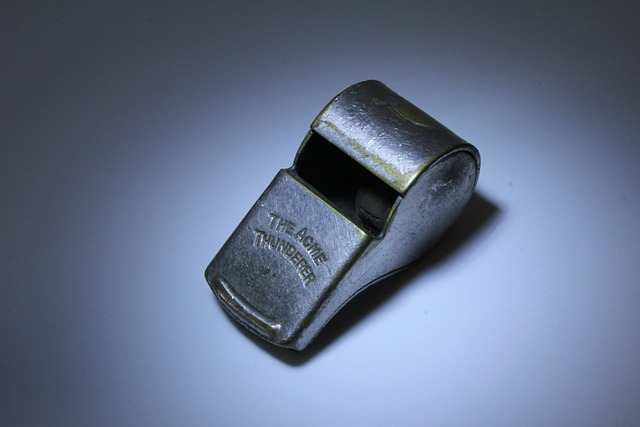
Navigation
In an emergency situation, you may need to navigate to safety or find a new location. Without a cell phone's GPS, carrying a map and compass can help you navigate.
It's essential to understand how to read a map and use a compass to know your direction.
Familiarize yourself with the area
Prior to any off-grid adventure, understanding the area you’re navigating and getting a sense of the terrain is essential. Topographical maps and aerial images are great resources that can help you identify significant features in the landscape.
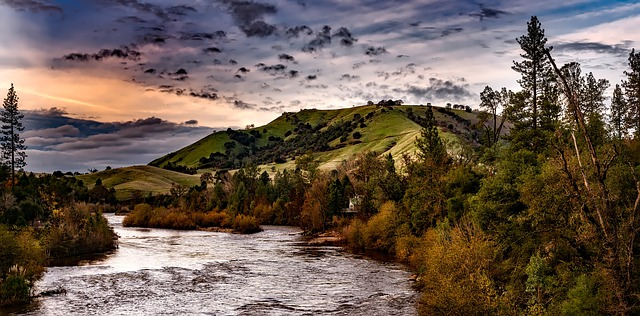
Knowing where you are in advance and recognizing significant landmarks in the area can help you stay on track and avoid getting lost.
Master the compass
A compass is an essential navigation tool off-grid. Knowing how to use the compass is just as important as having one with you. Practice with your compass beforehand in a familiar area to understand the fundamentals.
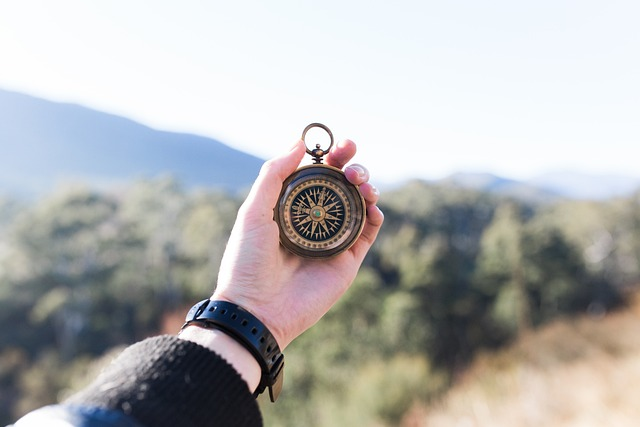
You should also adapt to orienting your map with the compass (ensuring the map’s orientation and the direction of the compass are both aligned) to help you determine your route and track your progress along the way.
Learn to read the sun and sky
The sun can be a reliable point of reference that doesn’t require any tools. Knowing how to identify the direction of the sun based on the time of day can give you a sense of direction.
When you’re navigating by the sun, you should also note the shadows cast by objects cast; for instance, in the afternoon, shadows are cast to the east if you’re on the west.
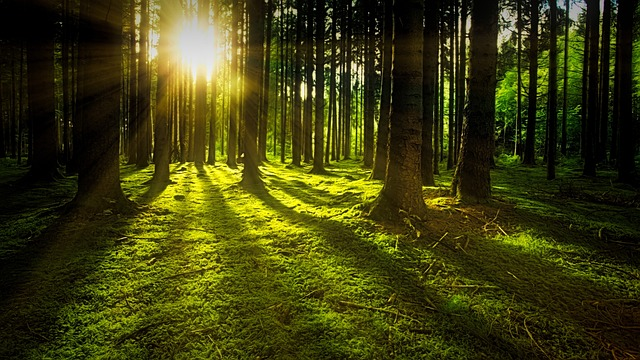
Look for signs of human activity
Footprints, disturbed soil, trash, and animal tracks can give you hints of human activity in the area. If you are lost and are unable to find your way, it’s essential to identify signs of civilization to guide you to safety.
Keep an eye out for any signs of human presence to help you navigate your way back to civilization.
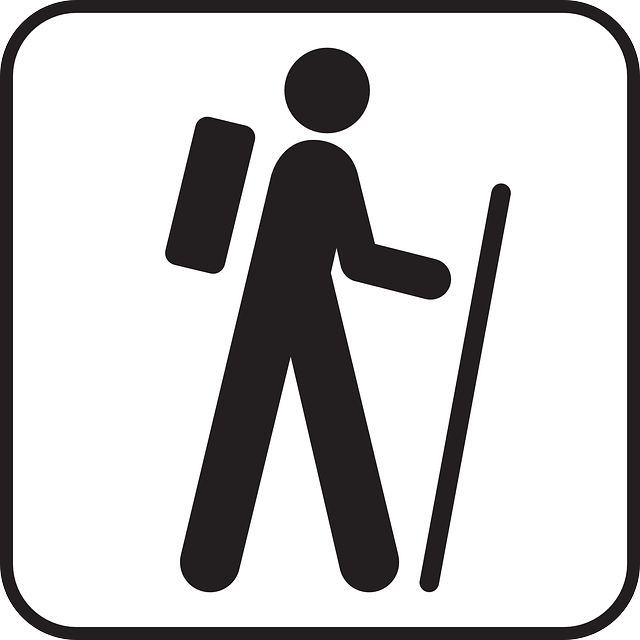
Learn to stay calm and collected
When you’re off the grid and feel lost, it’s natural to feel panic and experience mental stress. Staying calm and thinking rationally can help you think clearly and make smart decisions.
In the event that you get lost, prioritize critical action: find shelter, secure water and food, and make a reasonable plan to exit the area.

Lighting
Lighting is essential in any survival situation, especially if you are out in the wilderness without electricity. Carrying a handheld flashlight or headlamp can help you maneuver in low light conditions and signal for help if needed.
Ditch the Flashlight
While flashlights can be handy, they are not always the best option when off-grid. They consume a lot of energy and can wear your battery down quickly.
Instead, consider using a headlamp. They are more efficient, and they allow you to go hand-free when you need to do something.
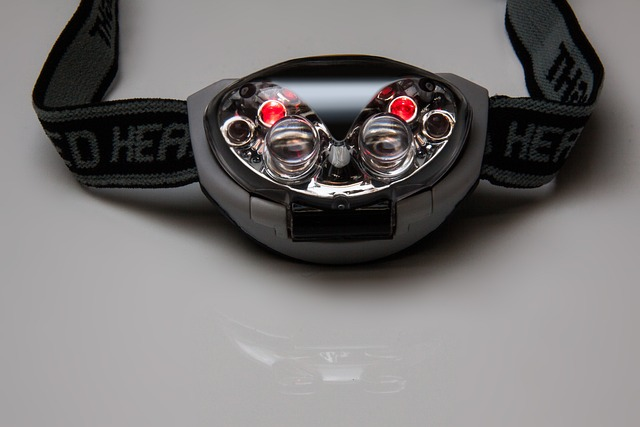
Compact Task Lights
When you need to light up your workspace or tent, compact task lights are your best friend. They're typically brighter than traditional flashlights and consume less energy.
For example, you can use LED Light Strips or pocket-sized lanterns to light up your living space. They come in different sizes, and you can easily find one that best suits your needs.
Solar-powered Lighting
One of the best ways of lighting up your off-grid life is by taking advantage of the sun's energy. Solar-powered lights come in handy if you are on a tight budget. You don't have to worry about replacing batteries continuously or running out of gas to fuel up generators.
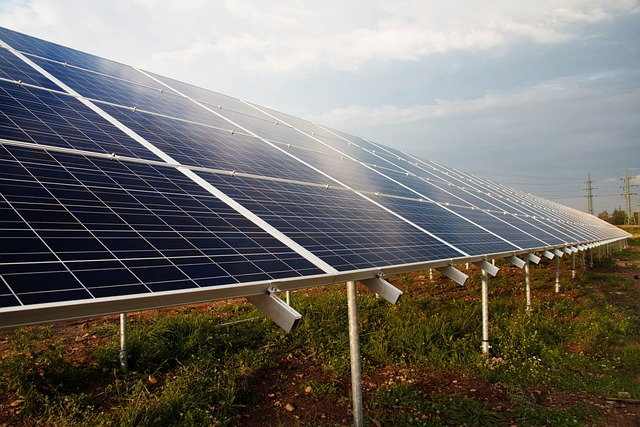
When your fixtures, such as garden lights or wall-mounted lights, are solar-powered, you can enjoy a well-lit space without worrying about power bills.
Take Advantage of Natural Light
Here is your alarm clock without your smartphone. Another important tactic when it comes to lighting up your off-grid life is to take advantage of natural light. When setting up your camp, position it up in a way that takes advantage of the natural light available.
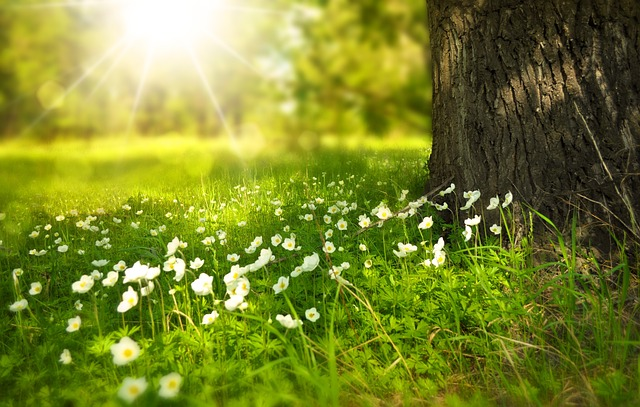
You may also want to ditch heavy curtains and shades and go for light shades that can easily allow natural light to flow into your space.
Embrace the Fire
Finally, If you are a survivalist or enjoy camping, you know how critical fire is. Besides offering warmth, it can also light up your space. Fire additionally provides you with a source of light that doesn't require batteries or power.
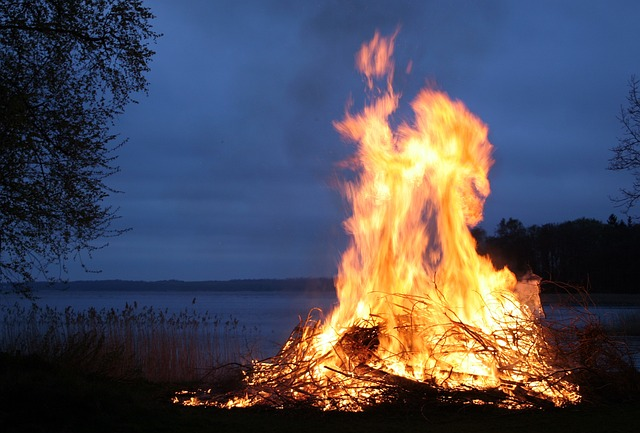
You can either go for a campfire or invest in a portable stove that comes with LED lights built-in. They are easy to use and help in lighting up your camping spot.
First Aid
First aid is one of the most essential skills required in a survival situation. You will not be able to simply google how to treat a wound. Carrying a first aid kit with basic essentials such as bandages, antiseptic, and painkillers can help you in case of an injury.
It would be wise to also have a first aid book on hand for how to practices.
Create a First-Aid Kit for Your Trips
One of the most important first-aid tactics is ensuring that you have a fully stocked first-aid kit. Put together a kit with basic supplies such as bandages, gauze, disinfectant, pain relievers, blister treatment, and scissors.
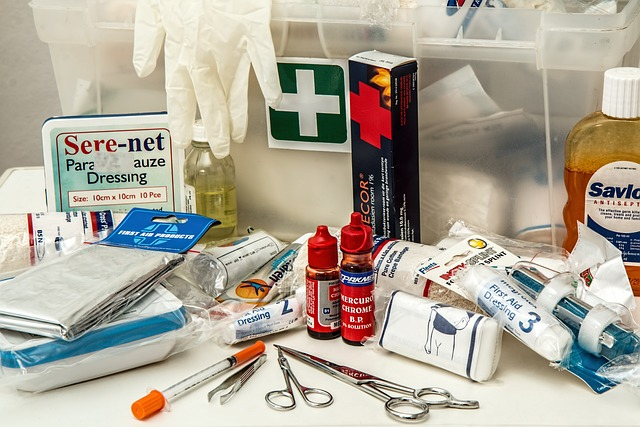
However, depending on the activities you intend to engage in, the contents of your kit may vary. For example, if you're going hiking, pack a snakebite kit. If you're going fishing, pack tweezers to remove hooks.
Always inspect the contents of your kit before any trips to ensure that everything is in good condition and not expired.
Knowing First-Aid Basics
Many first-aid situations require the basics, such as performing CPR, stopping bleeding, or immobilizing a fracture. Learning these basics can help you be better prepared in an emergency.
You can enroll in a wilderness survival course that teaches first-aid tactics or take online classes.
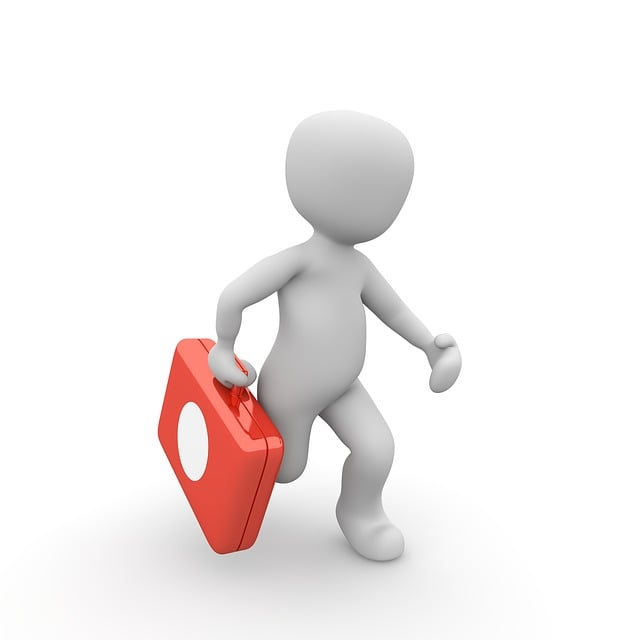
Always refresh your first-aid knowledge regularly, and ensure that anyone you're traveling with is aware of the best practices for survival.
Know When to Seek Professional Medical Help
When off the grid, you may have to undergo unfamiliar situations that require medical attention beyond your knowledge. It is essential to recognize the urgency of an emergency and know when to ask for medical help.

Make sure you have flares, radios, and other communication devices to help signal for help in such situations.
Knowing the emergency phone numbers of the area you are in can also be helpful in case of extreme emergencies.
Hygiene and Sanitization are Crucial
Maintaining proper hygiene and sanitization is vital for preventing infections and other illnesses when off the grid. Always carry hand sanitizers and disinfectant wipes and frequently wash your hands.
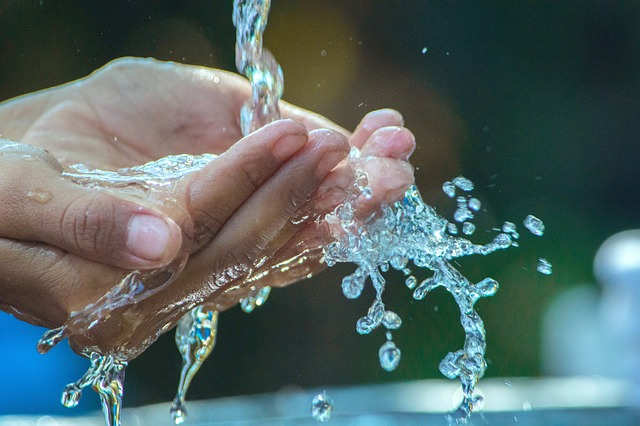
Also, make sure that you are consuming and using clean water. Boiling any water found in the environment is an easy way to make sure it is safe to drink.
Stay Calm and Be Resourceful
Staying calm and composed in an emergency is crucial when off the grid. Remember that panicking can worsen the situation and that remaining rational is crucial for survival. When you are making plans and leaving home without the computer or texting, no laptop or apps most people will feel out of place in the world but stay calm and think clearly.
In case of an injury, try to stop the bleeding, keep the injured area elevated, and make sure that the person affected is calm and comfortable. Without a device or smartphone recall your resources you have in your first aid kit.
Entertainment
Survival situations can be stressful, and having something to keep your mind off the situation can be beneficial. In the absence of a cell phone, carrying a book, a set of cards, or board games can help you stay entertained. Visit our website https://www.conflictedthegame.com/
Board Games
A good old-fashioned board game is an excellent way to pass the time, everyone can be playing games. They are easy to pack and some games require no electricity at all. Playing games like chess, checkers, and card games can be played over and over again, and they are a great way to bond with your friends and family.
Plus, they promote critical thinking and strategy building which are essential skills in survival. Even in survival situations that are off grid there are ways to enjoy life still. This also helps maintain a social life without a phone.

https://www.conflictedthegame.com/
Books
Reading is a great way to escape reality and to learn something new. When you're off the grid with limited entertainment, reading can transport you to another world or teach you new skills that could be useful in survival. This will help make life easier.

Make sure to pack a few books that align with your interests, whether that be survival skills, fiction, history, or science. Technology is something we use everyday however people used to not have technology and much joy was found without the screen, app or iphone when reading a book. It will be nice to ditch the iphone notifications and have a certain amount of peace and concentration when you spend time reading.
Music
Although you might not have access to electricity, you can still enjoy music out in the wilderness. Singing around the campfire, playing a guitar or a harmonica, or listening to the birds and cicadas can be a relaxing and enjoyable way to entertain yourself.
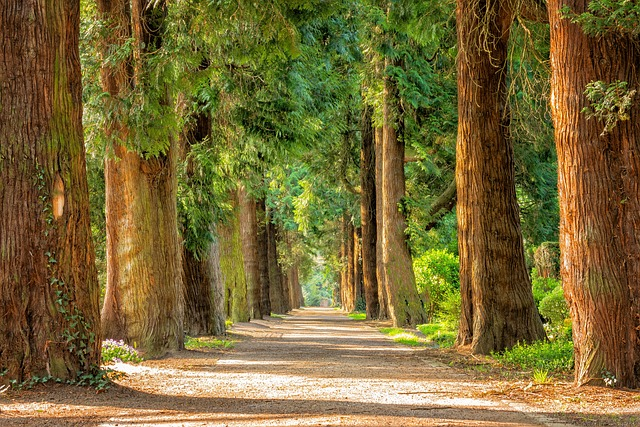
You can also make your own musical instrument out of natural materials, like a drum made from a hollow log, or a rainstick made from bamboo.
Nature
Bring your camera! Nature itself can provide an endless source of entertainment. Hiking, birdwatching, fishing, and swimming are all activities that let you connect with nature and have fun at the same time.
Plus, they promote physical activity and encourage you to explore your surroundings which can be helpful in survival situations. So take a nature walk, there are so many beautiful pictures can be captured with a camera. Enjoy the time away from the screen by putting away the screen, the app and iphone.

Storytelling
Telling stories is a classic form of entertainment that has been passed down for generations. Sharing stories around the campfire can be a memorable and entertaining way to spend your evenings.
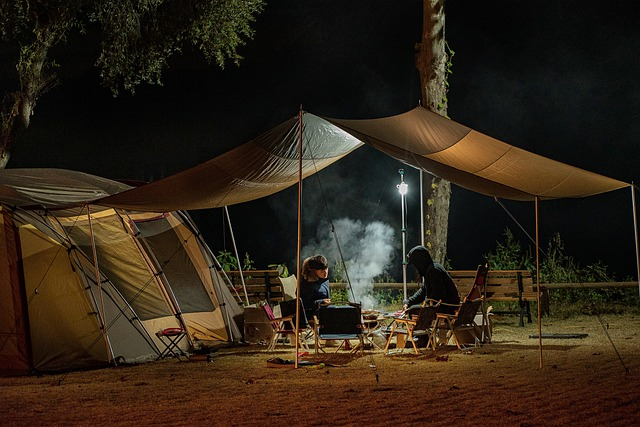
You can share your own experiences, tell ghost stories, or even make up your own stories. It's a great way to bond with your friends and family, while also improving your public speaking skills.
In Summary
Surviving without a cell phone may seem impossible with our current dependency on technology, but by taking the necessary steps and preparing for an emergency situation, you can increase your chances of survival.
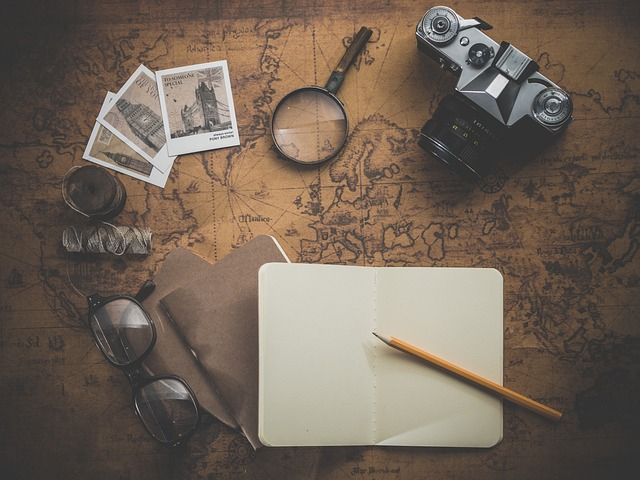
Understandably, situations can be unpredictable, and we may not always have access to cell phones or other essential gadgets; hence it is essential always to have a backup plan.
By following these tips and carrying essential gadgets, you can stay prepared and survive without a cell phone. Most people live their life in a world of smartphones and waste time on the internet. Be the person who knows how to survive life without phones, a device with internet and live a life of preparedness.
In a world of dependency on smartphones be the person who can help a friend ditch the smartphone and actually talk (without apps) on how to be ready for anything. You have access to many tools and these tools are things you can be putting trust in and rely on them for situations.








